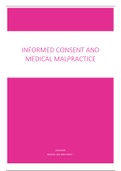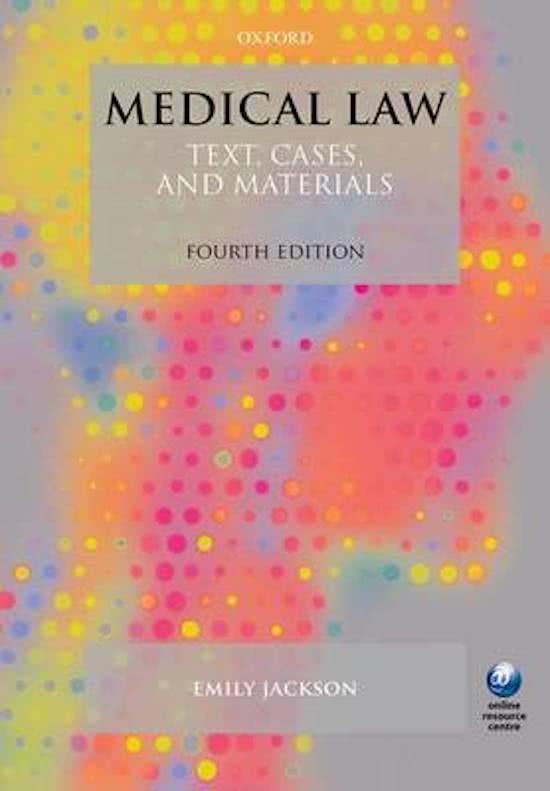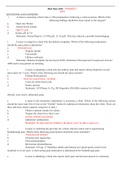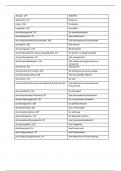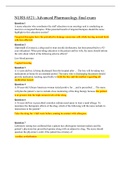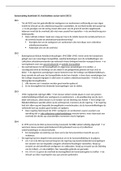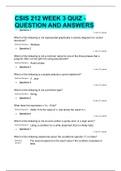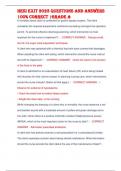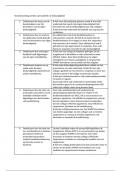Study guide
First Class Informed Consent and Medical Malpractice notes
- Cours
- Établissement
- Book
This 24-page document contains notes of a First Class standard covering the entire Informed Consent topic and the way it links with Medical Malpractice, including the history of informed consent leading up to the current position in Montgomery; causation and remoteness of damage; and defences. All ...
[Montrer plus]
